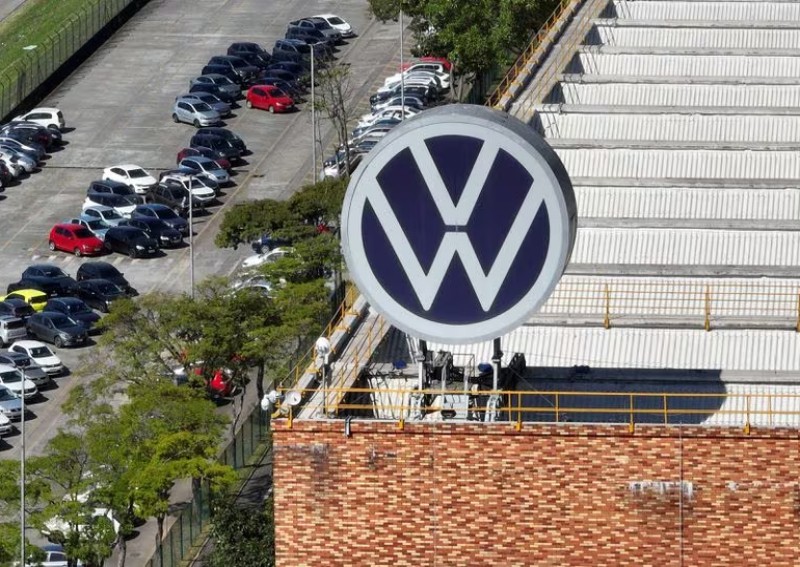Volkswagen expects slower sales growth as economic outlook dims


FRANKFURT/BERLIN — Volkswagen forecast on Friday (March 1) that sales growth would slow in 2024, joining competitors in warning of a weaker economic outlook, rising competition and higher costs.
Europe's top carmaker, whose brands include Audi, VW and Lamborghini, expects sales to grow by up to five per cent in 2024, after a 15.5 per cent increase last year to 322.3 billion euros (S$469.3 billion).
That growth suggests 2024 sales of up to 338 billion euros, higher than the 316 billion analyst estimate compiled by LSEG.
Volkswagen's Chief Financial Officer Arno Antlitz sees a "muted economic outlook and intense competition" in 2024, although the carmaker remains confident for the year as a whole, pointing to new product launches.
The comments chime with rivals, including Mercedes-Benz and Stellantis, which both struck a similar tone in results last month.
European carmakers have come under pressure from US rival Tesla as well as Chinese competitors at a time when global momentum for electric vehicles is fading in the face of waning sales growth and declining government backing.
Volkswagen's shares turned negative and fell as much as 7.1 per cent to their lowest level in more than four weeks after its annual results, which included a drop in the operating margin to seven per cent in 2023 from 7.9 per cent the previous year.
They were down 4.6 per cent at 1606 GMT (12.06am Singapore time), while shares in Porsche, which is majority-owned by Volkswagen, also reversed gains and were flat.
Volkswagen said it expects an operating margin of seven per cent to 7.5 per cent in 2024 and proposed to increase the dividend for both its common and preferred shares by 0.30 euros to nine euros and 9.06 euros apiece, respectively.
The automaker said its investment ratio is forecast to peak in 2024 at 13.5 per cent to 14.5 per cent, driven by spending in its key market China, and would gradually fall in subsequent years to around 11 per cent by 2027.
ALSO READ: Ford slows EVs, sends a truckload of cash to investors